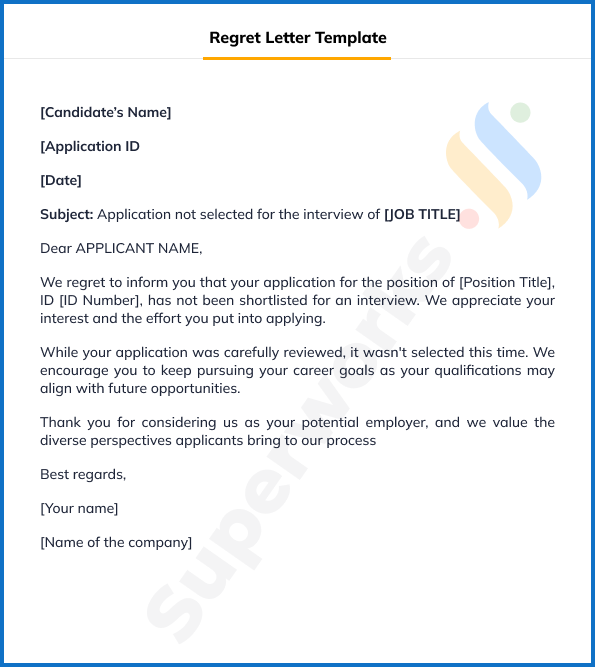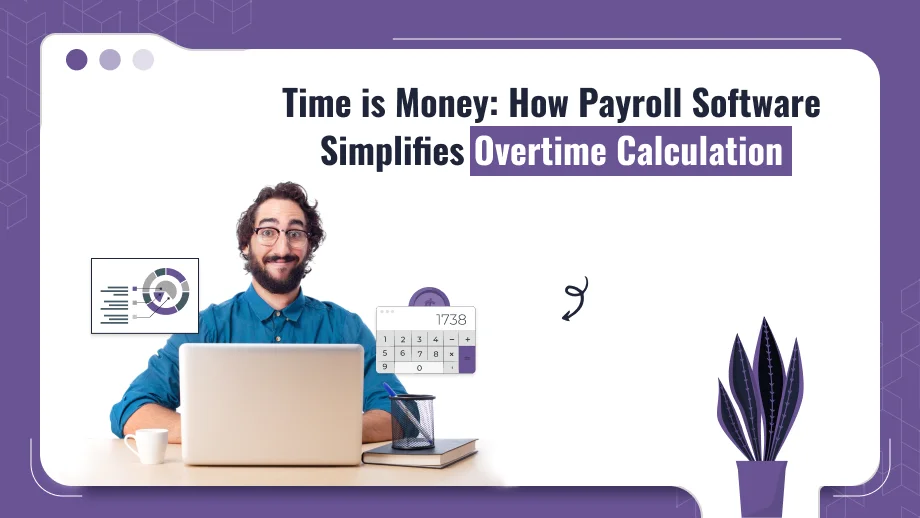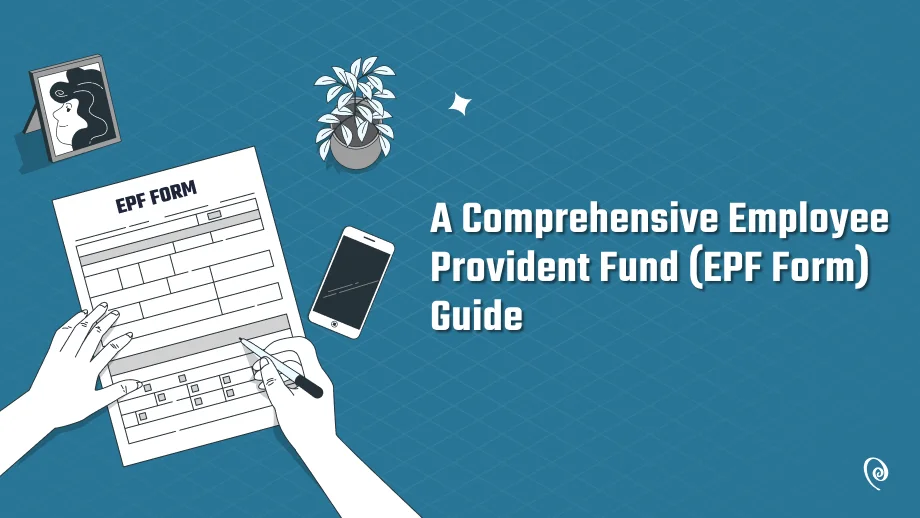×






















Streamline business processes with Superworks
Get started with a free trial!
Sign up & let’s start
Easy to set up
Seamless configuration
All in one platform for hassle-free processes








30 days free trial
Quick customer support
Anytime withdrawal
Trusted by more than 15 brands




Reliable solutions
Transparent pricing
No direct payment required
Loved by customers across 30+ cities








Book a free demo
Talk to our expert and know how it will work in your system
 Contact Sales
Contact Sales 













